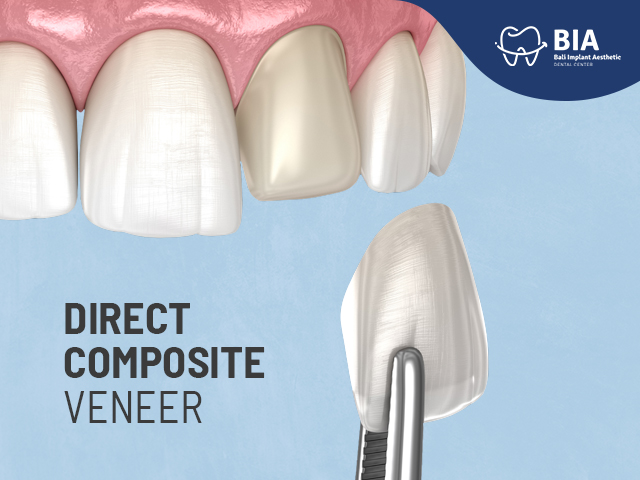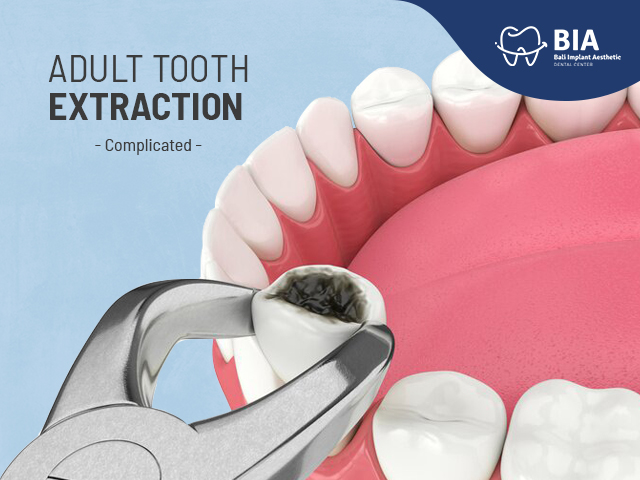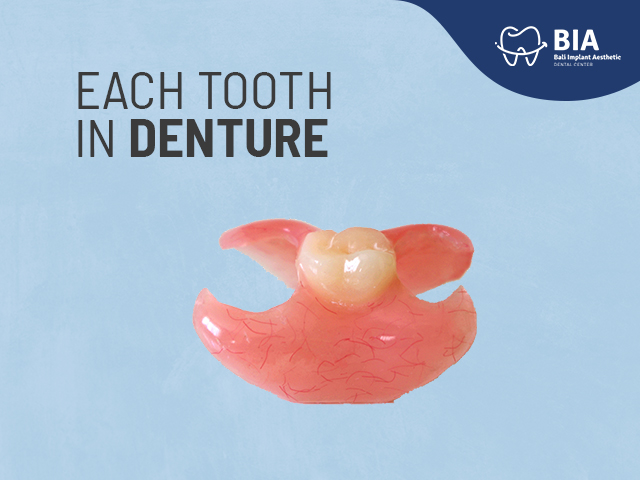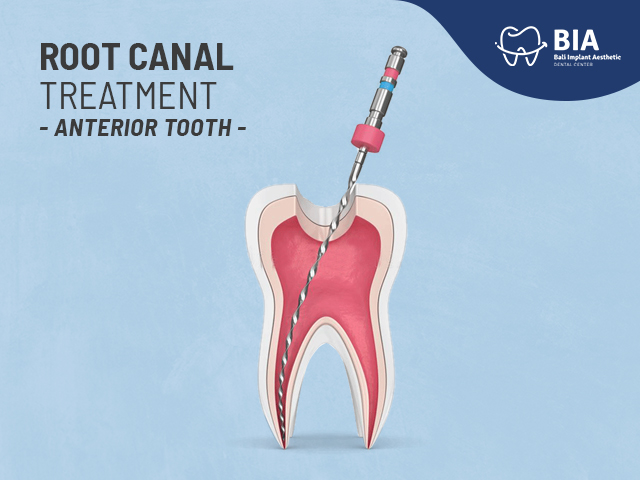The Ultimate Guide to Dental Implants: Everything You Need to Know
Article | 2025-04-19 01:04:53
Home » Articles » The Ultimate Guide to Dental Implants: Everything You Need to Know
The Ultimate Guide to Dental Implants: Everything You Need to Know
Dental implants have revolutionised modern dentistry, providing a permanent and natural-looking solution for missing teeth. Whether you're considering implants for yourself or simply curious about the procedure, this guide covers everything you need to know about dental implants, their benefits, the procedure, recovery, and long-term care.
What Are Dental Implants?
A dental implant is a titanium post surgically placed into the jawbone to act as an artificial tooth root. Over time, the implant fuses with the bone through a process called osseointegration, providing a strong and stable foundation for a dental crown, bridge, or denture.
Types of Dental Implants
Endosteal Implants – The most common type, placed directly into the jawbone.
Subperiosteal Implants – Placed under the gum but above the jawbone, used for patients with insufficient bone.
Zygomatic Implants – An advanced alternative for patients with severe bone loss, anchored in the cheekbone (zygomatic bone).
Reference: Albrektsson, T., & Wennerberg, A. (2004). “Oral Implant Surfaces: Part 1—Review Focusing on Topographic and Chemical Properties of Different Surfaces and In Vivo Responses to Them.” International Journal of Prosthodontics, 17(5), 536-543.
Why Choose Dental Implants?
Unlike traditional dentures or bridges, dental implants offer several advantages:
✅ Long-lasting Solution: Implants can last a lifetime with proper care.
✅ Natural Look and Feel: Mimics the appearance and function of real teeth.
✅ Prevents Bone Loss: Stimulates the jawbone, preventing bone deterioration.
✅ Improved Speech and Comfort: No slipping or discomfort like traditional dentures.
✅ Better Oral Health: Does not require altering adjacent teeth, unlike dental bridges.
Reference: Buser, D., Sennerby, L., & De Bruyn, H. (2017). "Modern Implant Dentistry Based on Osseointegration: 50 Years of Progress, Current Trends, and Open Questions." Periodontology 2000, 73(1), 7-21.
Who Is a Good Candidate for Dental Implants?
Most adults with good oral and overall health can get dental implants. However, ideal candidates should have:
Sufficient jawbone density for implant support
Healthy gums free from periodontal disease
Good overall health (non-smokers heal better and have higher success rates)
People with conditions like uncontrolled diabetes or severe bone loss may require additional procedures such as bone grafting.
Reference: Misch, C. E. (2014). "Implant Site Development: Bone Graft Techniques for Dental Implants." Journal of Oral Implantology, 40(5), 483-491.
The Dental Implant Procedure: Step-by-Step
Consultation & Assessment – X-rays or 3D scans determine bone structure and treatment suitability.
Tooth Extraction (if needed) – If the damaged tooth is still present, it is removed.
Bone Grafting (if required) – If the jawbone lacks density, a bone graft may be performed to strengthen the area.
Implant Placement – The titanium post is surgically inserted into the jawbone. Healing takes 3-6 months.
Abutment Placement – A small connector piece (abutment) is placed on the implant.
Crown or Prosthetic Placement – A custom-made dental crown, bridge, or denture is attached.
Recovery & Aftercare
Healing typically takes a few months, with the following tips ensuring a smooth recovery:
✔️ Follow post-surgery care instructions.
✔️ Avoid smoking and alcohol.
✔️ Maintain good oral hygiene.
✔️ Stick to soft foods during early recovery.
✔️ Attend follow-up appointments.
Reference: Esposito, M., Grusovin, M. G., Coulthard, P., & Worthington, H. V. (2006). "The Efficacy of Various Bone Regeneration Procedures for Dental Implants." Cochrane Database of Systematic Reviews, 3(CD003607).
How Long Do Dental Implants Last?
With proper care, implants can last 25 years or more. Their longevity depends on factors like oral hygiene, lifestyle habits, and regular dental check-ups.
Common Causes of Implant Failure
⚠️ Poor oral hygiene → Leads to infections like peri-implantitis.
⚠️ Smoking → Slows healing and increases failure risk.
⚠️ Uncontrolled diabetes → Can impact bone healing.
Cost of Dental Implants in Bali
Dental implants are an investment, but in Bali, they are more affordable compared to Australia, Europe, and the U.S. while maintaining international standards.
Why Choose BIA Dental Center for Dental Implants?
At BIA Dental Center, we specialise in advanced dental implant procedures, including All-on-4 implants, full mouth rehabilitation, and smile makeovers. Our highly skilled team ensures:
✅ State-of-the-art technology
✅ Strict sterilisation and safety protocols
✅ Personalised treatment plans
✅ A comfortable and painless experience
Ready to restore your smile with world-class dental implants in Bali? Contact BIA Dental Center today for a consultation!




